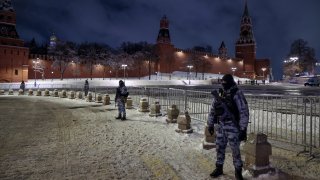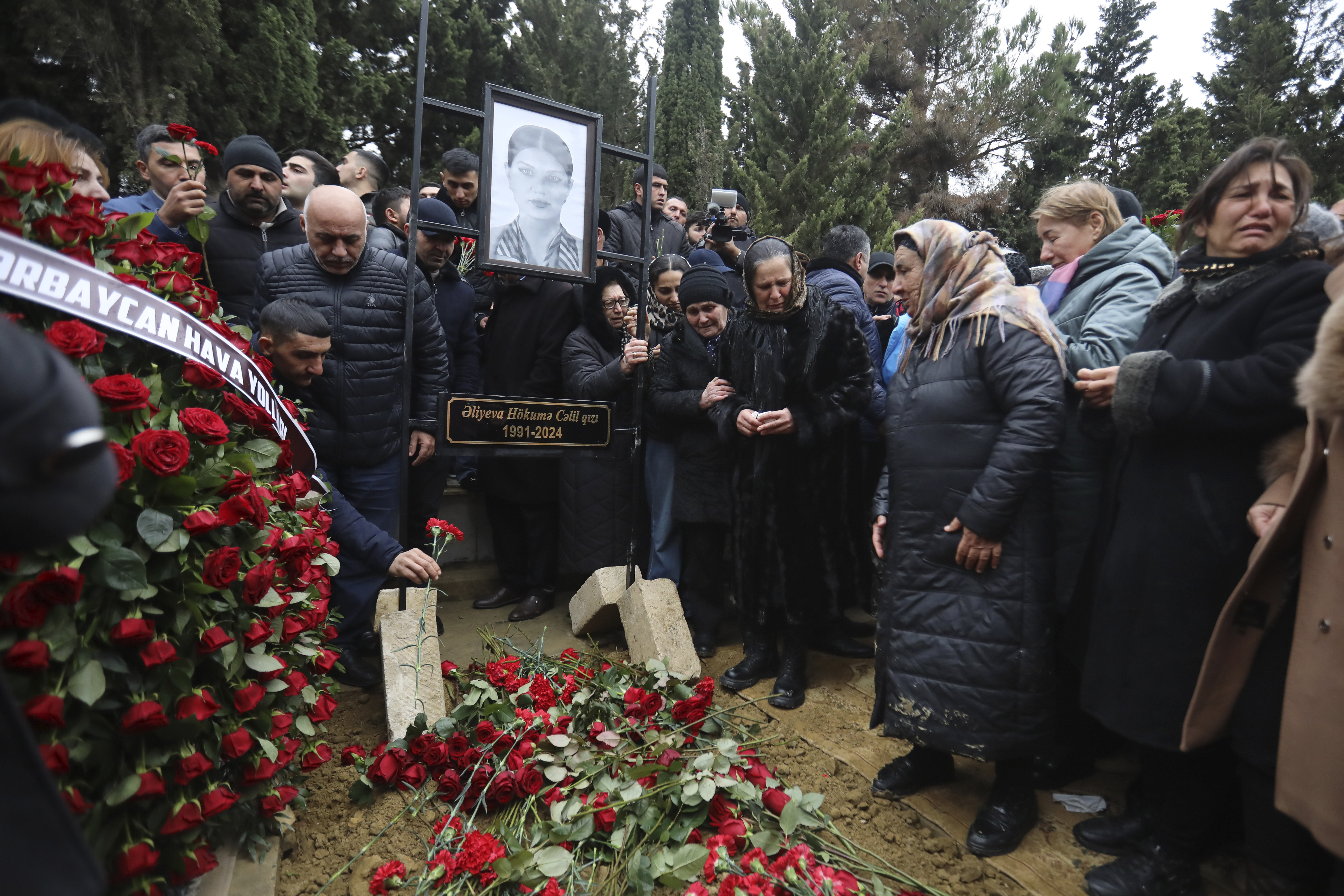
The United States has imposed sanctions on two groups linked to Iranian and Russian efforts to target American voters with disinformation ahead of this year's election.
Treasury officials announced the sanctions Tuesday, alleging that the two organizations sought to stoke divisions among Americans before November's vote. U.S. intelligence has accused both governments of spreading disinformation, including fake videos, news stories and social media posts, designed to manipulate voters and undermine trust in U.S. elections.
WATCH ANYTIME FOR FREE
Stream NBC10 Boston news for free, 24/7, wherever you are. |
“The governments of Iran and Russia have targeted our election processes and institutions and sought to divide the American people through targeted disinformation campaigns,” Bradley T. Smith, Treasury's acting undersecretary for terrorism and financial intelligence, said in a statement.
Authorities said the Russian group, the Moscow-based Center for Geopolitical Expertise, oversaw the creation, financing and dissemination of disinformation about American candidates, including deepfake videos created using artificial intelligence.
Get updates on what's happening in Boston to your inbox. Sign up for our News Headlines newsletter.
In addition to the group itself, the new sanctions apply to its director, who authorities say worked closely with Russian military intelligence agents also overseeing cyberattacks and sabotage against the West.
Authorities say the center used AI to quickly manufacture fake videos about American candidates created scores of fake news websites designed to look legitimate and even paid U.S. web companies to create pro-Russian content.
The Iranian group, the Cognitive Design Production Center, is a subsidiary of Iran’s paramilitary Revolutionary Guard, U.S. officials said, which the United States has designated a foreign terrorist organization. Officials say the center worked since at least 2023 to incite political tensions in the United States.
U.S. intelligence agencies have blamed the Iranian government for seeking to encourage protests in the U.S. over Israel’s war against Hamas in Gaza. Iran also has been accused of hacking into the accounts of several top current and former U.S. officials, including senior members of Donald Trump’s campaign.
In the months ahead of the election, U.S. intelligence officials said Russia, Iran and China all sought to undermine confidence in U.S. democracy. They also concluded that Russia sought to prop up the ultimate victor Trump, who has praised Russian President Vladimir Putin, suggested cutting funds to Ukraine and repeatedly criticized the NATO military alliance.
Iran, meanwhile, sought to oppose Trump's candidacy, officials said. The president-elect's first administration ended a nuclear deal with Iran, reimposed sanctions and ordered the killing of Iranian Gen. Qassem Soleimani, an act prompting Iran’s leaders to vow revenge.
Russian and Iranian officials have rejected claims that they sought to influence the outcome of the 2024 election.
“Russia has not and does not interfere with the internal affairs of other countries,” a spokesperson for Russia's embassy in Washington wrote in an email Tuesday.
A message left with officials from Iran was not immediately returned Tuesday.



